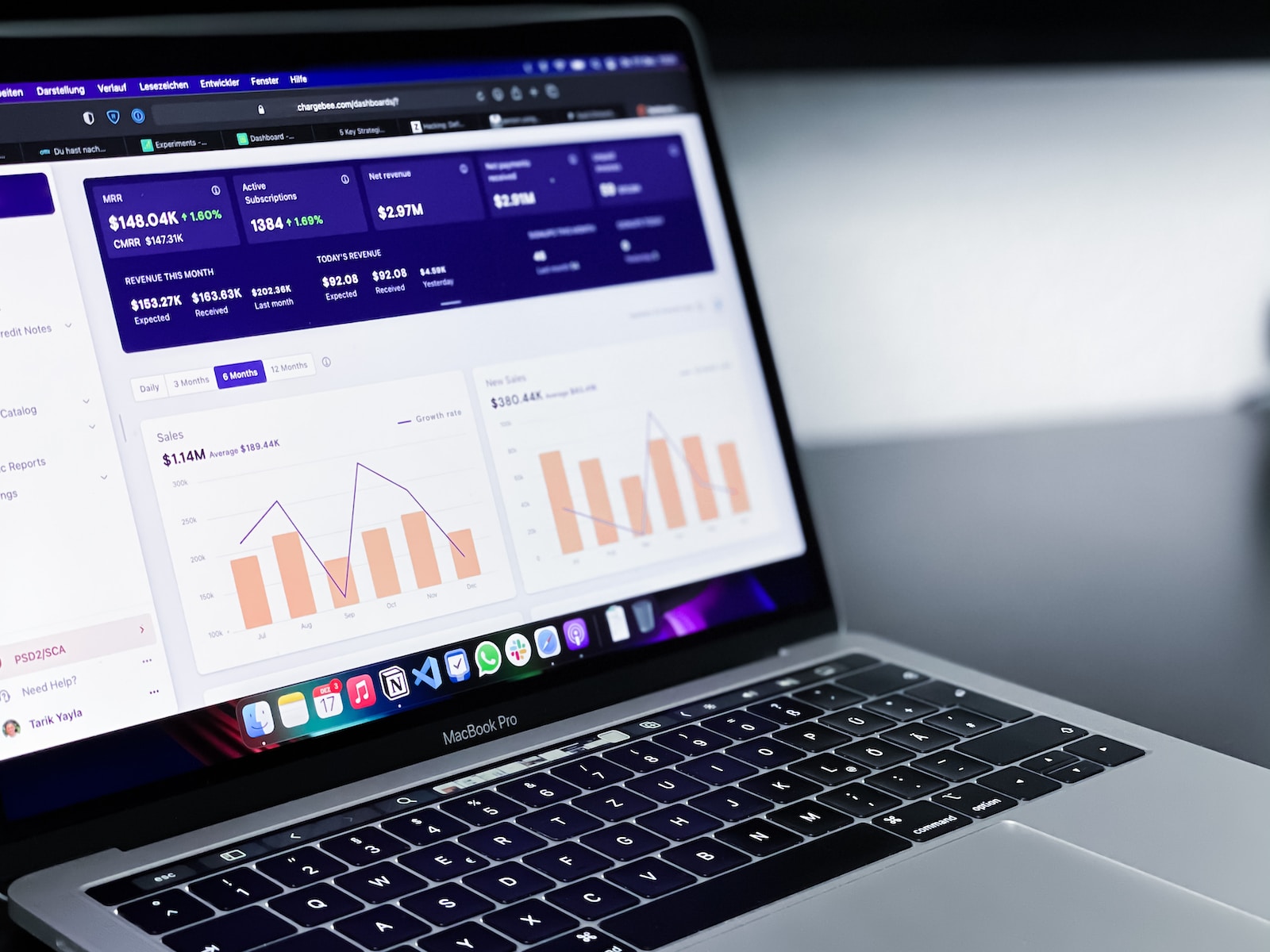Integrated marketing is the harmonious and consistent use of multiple marketing channels to communicate with potential customers. For small businesses, an integrated approach ensures consistent branding, messaging, and a seamless customer experience across all touchpoints. This guide aims to demystify integrated marketing and provide actionable insights for small business owners.
Understanding Integrated Marketing
Integrated marketing goes beyond mere coordination of campaigns. It’s about a holistic approach, ensuring all marketing strategies, online and offline, speak in a unified voice. This not only reinforces the brand message but also boosts the efficacy of each channel.
Harnessing the power of integrated marketing means understanding your target audience deeply. Recognizing where they spend their time, which channels they prefer, and what messages resonate with them is pivotal.
For a small business owner, it’s imperative to know that an integrated approach isn’t about being everywhere. Instead, it’s about being present in the right places, consistently delivering your brand message.
The Benefits of an Integrated Approach
A cohesive strategy improves the customer journey. When consumers encounter consistent messaging, it reinforces trust and enhances brand recall. This consistent experience can significantly influence purchase decisions.
Moreover, integrated marketing can be cost-effective. When campaigns are aligned, resources are utilized efficiently, preventing duplicated efforts and wastage. Small businesses, often working with limited budgets, can achieve more significant returns on investment.
Lastly, data from one channel can inform strategies in another. Insights from a social media campaign can shape email marketing strategies, and vice versa. This interconnectedness results in smarter, more effective campaigns.
Channel Synchronization
One of the pillars of integrated marketing is ensuring your channels are in sync. Whether a customer interacts with your brand through an email, social media post, or a billboard, the core message and brand image should remain consistent.
Choosing the right channels is paramount. Not all platforms may be relevant for every business. Understanding where your audience resides and focusing on those platforms ensures efficiency and better engagement.
Integrating channels doesn’t mean they all mirror each other. It means they complement each other. A promotion on social media could be deepened with an email campaign, creating a layered, rich experience for the user.
Consistent Branding is Key
A brand’s strength isn’t just its logo or slogan but the holistic perception a consumer forms. Every touchpoint, be it online or offline, should echo the same sentiment. This creates a sense of familiarity and trust, crucial for small businesses in a vast marketplace.
Often, small businesses might overlook the nuances of branding, considering it a domain for the giants. However, a consistent brand image ensures that in a world of choices, you’re not lost in the crowd. It’s the little details, from color palettes to the messaging tone, that can set you apart.
Remember, branding isn’t about edging out the competition; it’s about being the go-to solution for your audience. By synchronizing the branding strategy across platforms, businesses can carve a niche and leave an indelible mark.
The Power of Data Analytics
In today’s digital age, every interaction leaves a data trail. For integrated marketing, this data is invaluable. By analyzing user interactions across platforms, businesses can glean insights into consumer behavior and preferences. Such insights can guide marketing strategies, ensuring they’re attuned to the audience’s pulse.
However, it’s crucial not to drown in the sea of data. The objective isn’t just to collect but to interpret. Small business owners must prioritize metrics that align with their goals, be it engagement, conversion, or brand awareness. By discerning patterns and anomalies, they can tailor campaigns for optimal resonance.
Moreover, periodic reviews are essential. The digital landscape is fluid, with user preferences and platform algorithms continually evolving. By staying updated, businesses can ensure their strategies remain relevant and impactful.
Seamless Customer Experience Across Channels
A hallmark of effective integrated marketing is a uniform customer experience. Whether a customer interacts with a brand through its website, social media, or even an in-store visit, the experience should be seamless and consistent. This consistency fosters trust and loyalty.
Consider, for instance, a user discovering a product on Instagram. When redirected to the website, if the product details, pricing, or even branding elements are inconsistent, it creates friction. Such inconsistencies can deter potential conversions.
Small businesses, with typically tighter resources, can’t afford such lapses. Ensuring that all marketing collateral, both online and offline, is in sync is not a luxury but a necessity. Every inconsistency chips away at brand credibility.
Budget Optimization and ROI
Integrated marketing doesn’t necessarily translate into splurging on every available channel. It’s about optimizing the budget to maximize return on investment. With a clear understanding of each platform’s strengths, businesses can allocate funds more judiciously.
For instance, if a specific demographic crucial for a business is more active on Instagram than Facebook, it makes sense to divert more resources there. It’s about strategic allocation, not dispersion. Every dollar should work towards amplifying brand presence and driving conversions.
Periodic evaluations are crucial. If a channel isn’t delivering the expected ROI, it’s essential to revisit and tweak the strategy. Integrated marketing is dynamic, with the flexibility to adapt being its significant strength.
Challenges in Integrated Marketing
While the merits of integrated marketing are many, it’s not devoid of challenges. Synchronizing campaigns across platforms requires meticulous planning and execution. Each platform has its nuances, and a one-size-fits-all approach seldom works.
Moreover, for small businesses, resources – both in terms of manpower and finances – might be limited. Juggling between platforms can be overwhelming, leading to sub-optimal campaigns. It’s essential to strike a balance, ensuring that the quality of engagement doesn’t dip.
However, challenges, when approached as learning curves, can pave the way for innovation. By continually iterating and learning, businesses can refine their strategies, turning obstacles into stepping stones.
Future of Integrated Marketing for Small Businesses
The digital domain is evolving at a breakneck pace. What’s relevant today might be obsolete tomorrow. However, the core tenet of integrated marketing, providing a consistent and holistic brand experience, will remain unchanged.
Emerging technologies, be it augmented reality, virtual reality, or even newer social media platforms, will offer novel engagement avenues. Small businesses must stay abreast, integrating these into their marketing matrix.
Yet, amidst this digital whirlwind, the human touch will remain irreplaceable. Even as businesses leverage cutting-edge tech, the emotional quotient – understanding and resonating with the audience – will be the cornerstone of successful integrated marketing.
Conclusion
Integrated marketing is no longer an option but a necessity in today’s fragmented digital landscape. Small businesses, with their agility and adaptability, are uniquely poised to leverage its strengths. By ensuring consistency, maximizing reach, and continually iterating, they can not only survive but thrive in this dynamic market.


